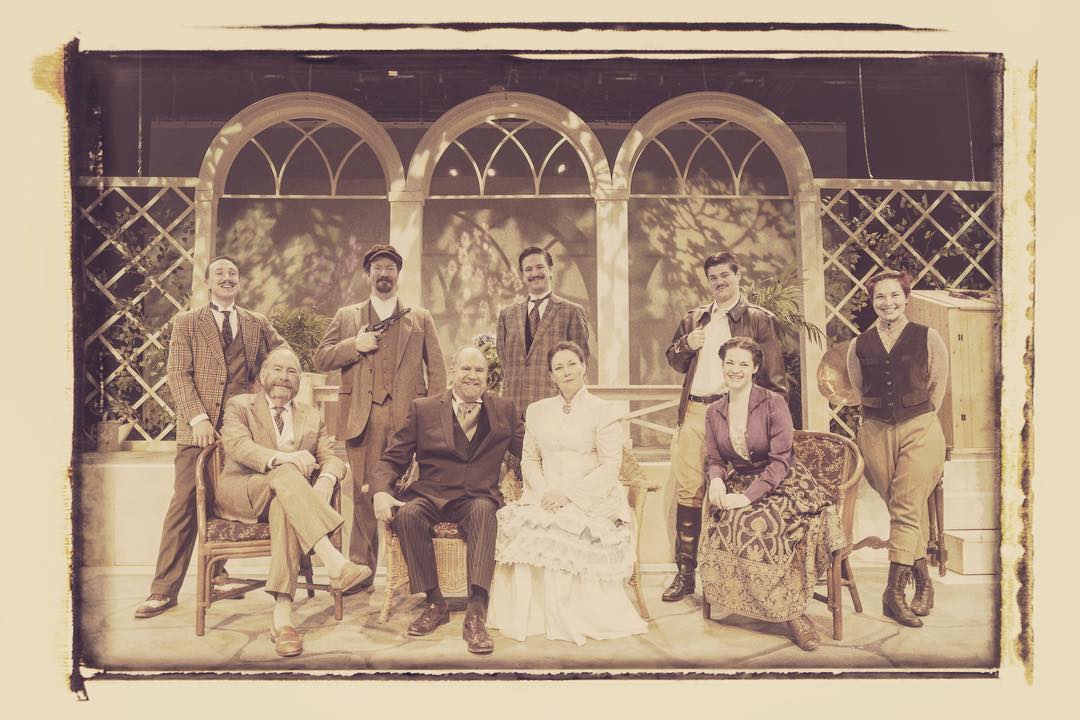
Just over a week ago, we (Strollers Theatre LTD) closed a wonderful production of George Bernard Shaw’s Misalliance. I was the co-producer for this production, and as Vice-president of the board of directors for Strollers Theatre LTD, I was heavily invested in the success of this production, and I mean “success” on many levels. I can confidently say that we succeeded on most of those levels to a very high degree, and even where we fell short of our goals, we did not miss by much.
The number one goal I had for this production was to ensure that those involved were getting something from it that has inspired me to put so much of my personal time, money and heart into every production I am involved with; A sense of community.
We succeeded in that beyond my wildest expectations.
I have had gigs in what is referred to as “Professional Theater”, and almost all of them were fantastic experiences. But my heart belongs to Community Theater, and here, I will attempt to explain why.
Many people don’t even like the term “Community Theater”. They say it carries a negative stigma. To them, it somehow diminishes the product, and maybe on the purely commercial/commodity level it does. But theater, in my opinion, should never be confused with a commodity. Yes, we must sell tickets in order to produce it on any level above back yard players, and there is a need to attend to the business side of any theater company (something too often overlooked), but Theater as an art, is not the same thing as theater business. Community Theater can exist in many forms, and inhabits many levels of production quality. From the casual back yard players all the way to Off-Off Broadway productions with relatively large budgets. What is at the heart of it though, and what I can’t ever see myself doing theater without, is “community”. To call it “Non-professional theater”, or “Amateur Theater” literally rips the heart out of it for me. Many “Professional Theaters” have some aspect of community to them, and in my experience, it makes them stronger from a business standpoint and also improves the quality of the art they produce.
Theater is a collaborative art. A strong sense of community improves collaboration between the artists involved in creating the art of the theater, and gives everyone ownership of the business of producing and presenting that art to an audience. And yes, the audience can play a very important role in that community as well.
The sense of community we built within this production was strong, and will last well past the point where I placed the ghost light on the stage and locked the doors. It is the kind of experience I hope will continue to define what it is to be a part of Strollers Theatre for many years to come.
Roughly a quarter century ago, I had my first legitimate role in a small community theater production in Denver, Colorado. The part was non-speaking, and I wore a mask the entire time I was on stage. There was no glamour, no pay, no adoring fans, but I did get my name in the program: Guard 1 – Matthew Korda
It felt more “right” than just about anything I had done in my life. Thus began my career in community theater.
It wasn’t until about 2 years later that I got my next on-stage roll, but I was heavily involved with many productions in the interim. I have not gone an entire season without some involvement in theater since that first production, and I plan to keep that up until the day I die… Maybe longer.
Next time:
How do we promote this sense of community in our productions, and what do we expect to accomplish?
- Matthew Korda
The number one goal I had for this production was to ensure that those involved were getting something from it that has inspired me to put so much of my personal time, money and heart into every production I am involved with; A sense of community.
We succeeded in that beyond my wildest expectations.
I have had gigs in what is referred to as “Professional Theater”, and almost all of them were fantastic experiences. But my heart belongs to Community Theater, and here, I will attempt to explain why.
Many people don’t even like the term “Community Theater”. They say it carries a negative stigma. To them, it somehow diminishes the product, and maybe on the purely commercial/commodity level it does. But theater, in my opinion, should never be confused with a commodity. Yes, we must sell tickets in order to produce it on any level above back yard players, and there is a need to attend to the business side of any theater company (something too often overlooked), but Theater as an art, is not the same thing as theater business. Community Theater can exist in many forms, and inhabits many levels of production quality. From the casual back yard players all the way to Off-Off Broadway productions with relatively large budgets. What is at the heart of it though, and what I can’t ever see myself doing theater without, is “community”. To call it “Non-professional theater”, or “Amateur Theater” literally rips the heart out of it for me. Many “Professional Theaters” have some aspect of community to them, and in my experience, it makes them stronger from a business standpoint and also improves the quality of the art they produce.
Theater is a collaborative art. A strong sense of community improves collaboration between the artists involved in creating the art of the theater, and gives everyone ownership of the business of producing and presenting that art to an audience. And yes, the audience can play a very important role in that community as well.
The sense of community we built within this production was strong, and will last well past the point where I placed the ghost light on the stage and locked the doors. It is the kind of experience I hope will continue to define what it is to be a part of Strollers Theatre for many years to come.
Roughly a quarter century ago, I had my first legitimate role in a small community theater production in Denver, Colorado. The part was non-speaking, and I wore a mask the entire time I was on stage. There was no glamour, no pay, no adoring fans, but I did get my name in the program: Guard 1 – Matthew Korda
It felt more “right” than just about anything I had done in my life. Thus began my career in community theater.
It wasn’t until about 2 years later that I got my next on-stage roll, but I was heavily involved with many productions in the interim. I have not gone an entire season without some involvement in theater since that first production, and I plan to keep that up until the day I die… Maybe longer.
Next time:
How do we promote this sense of community in our productions, and what do we expect to accomplish?
- Matthew Korda

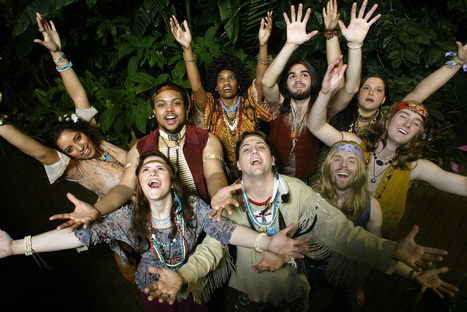
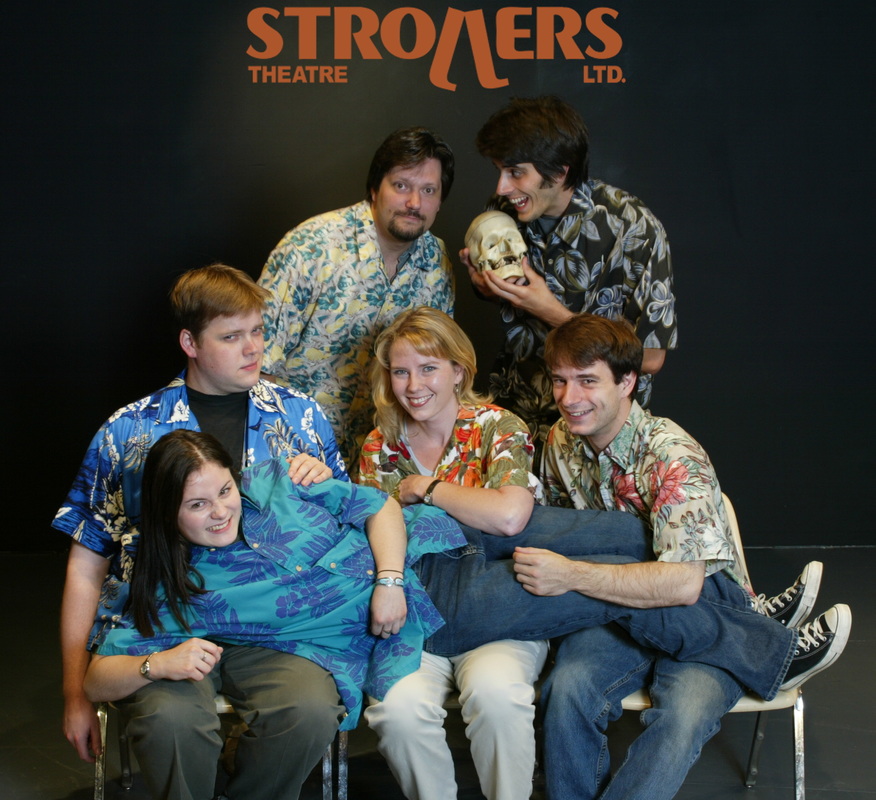
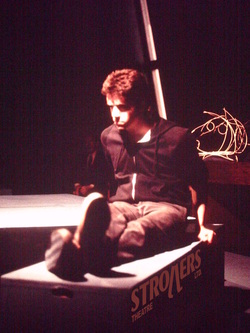
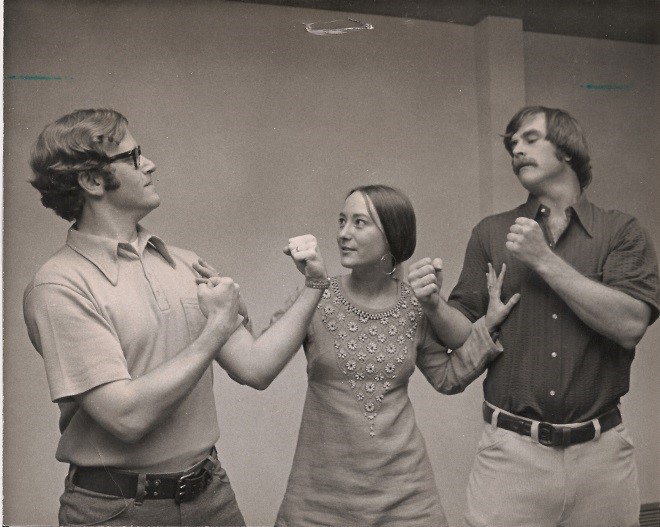
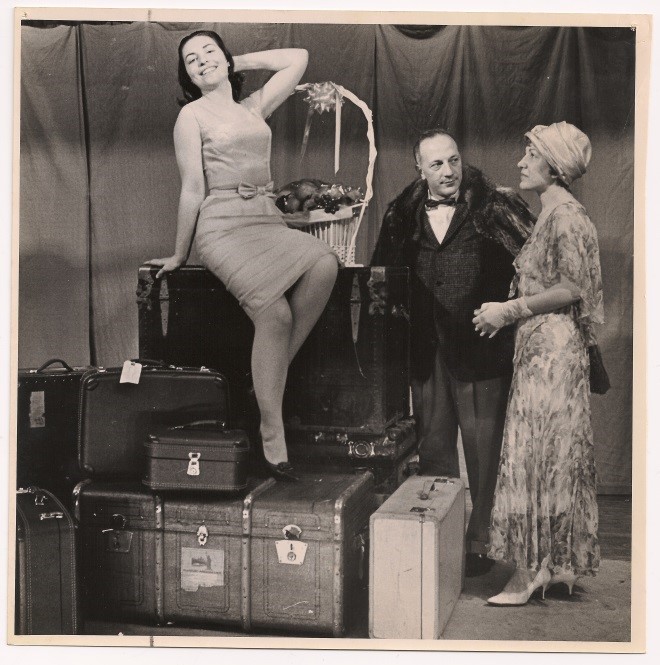
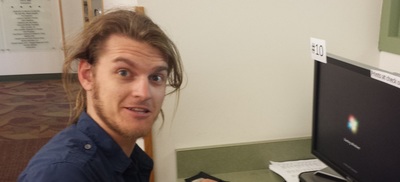
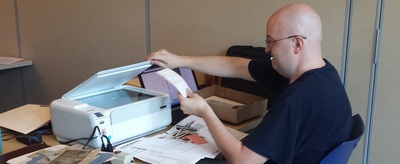
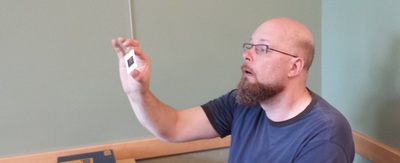
 RSS Feed
RSS Feed